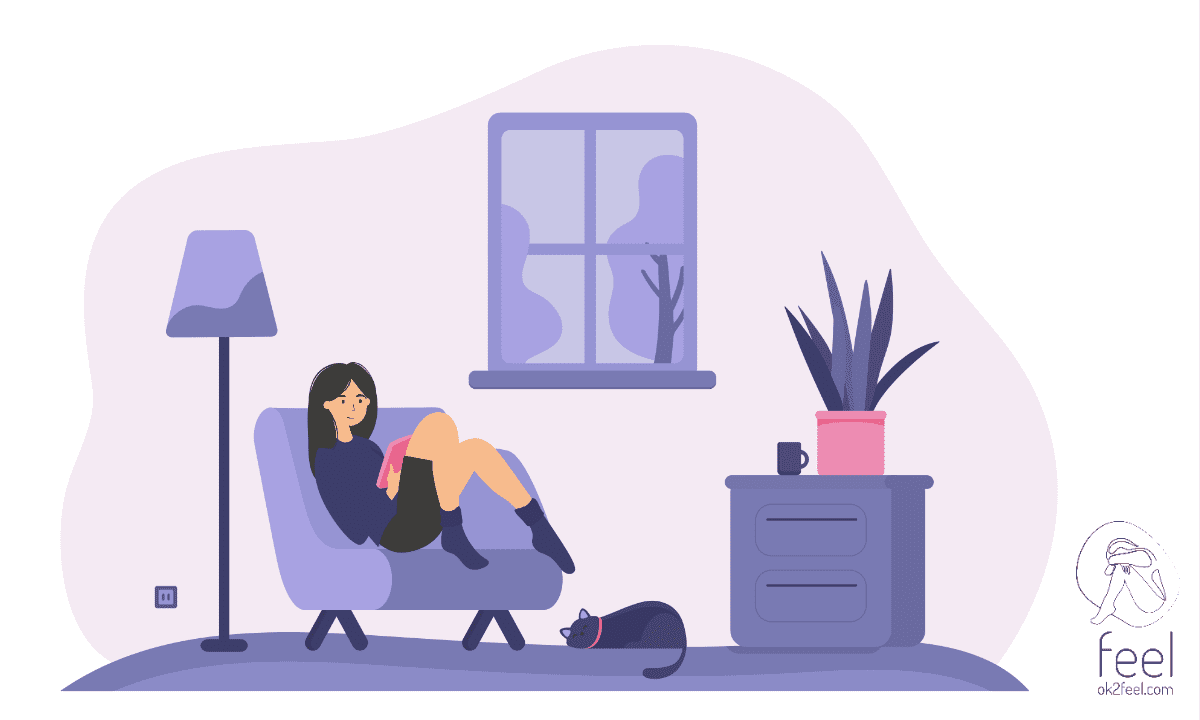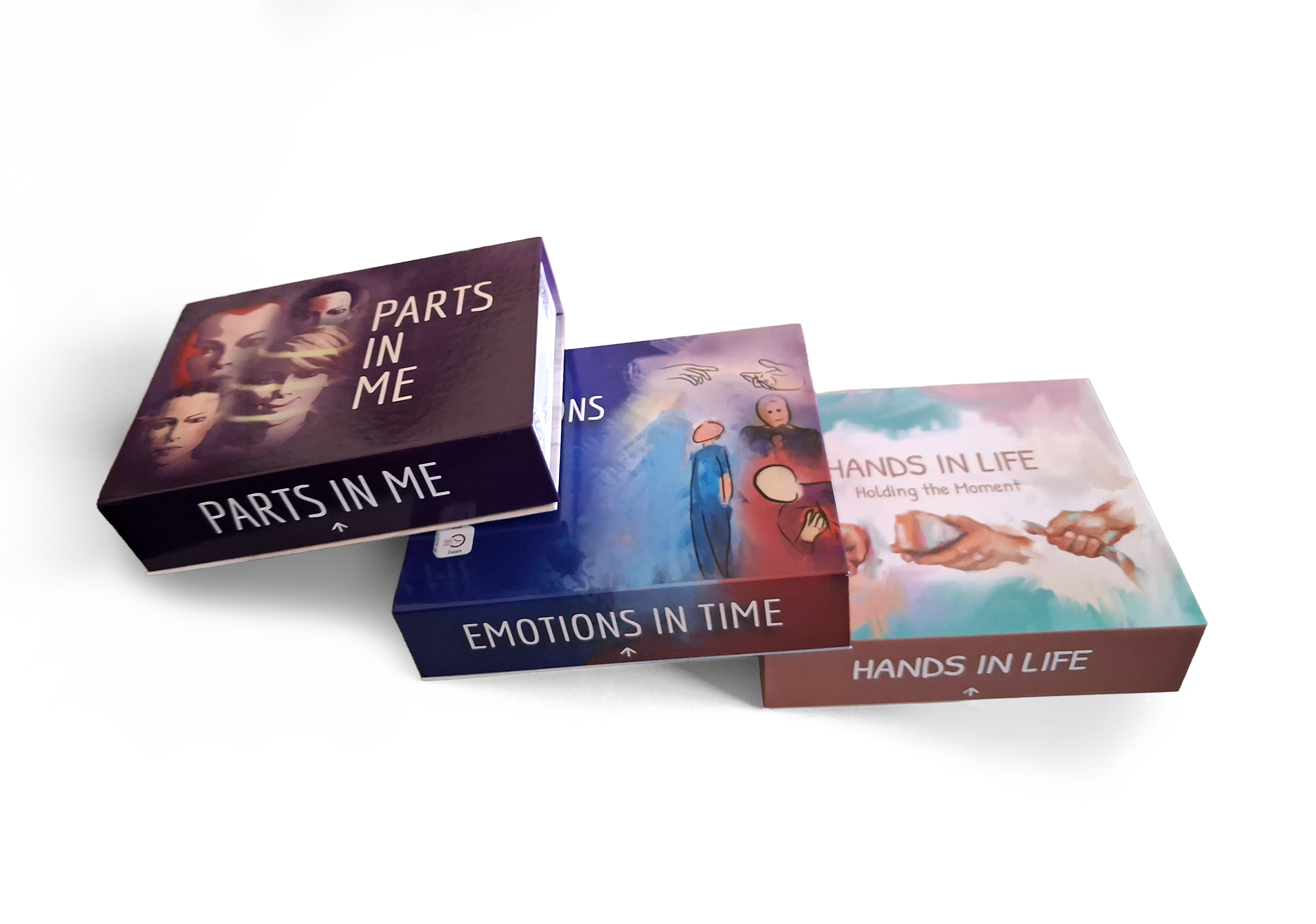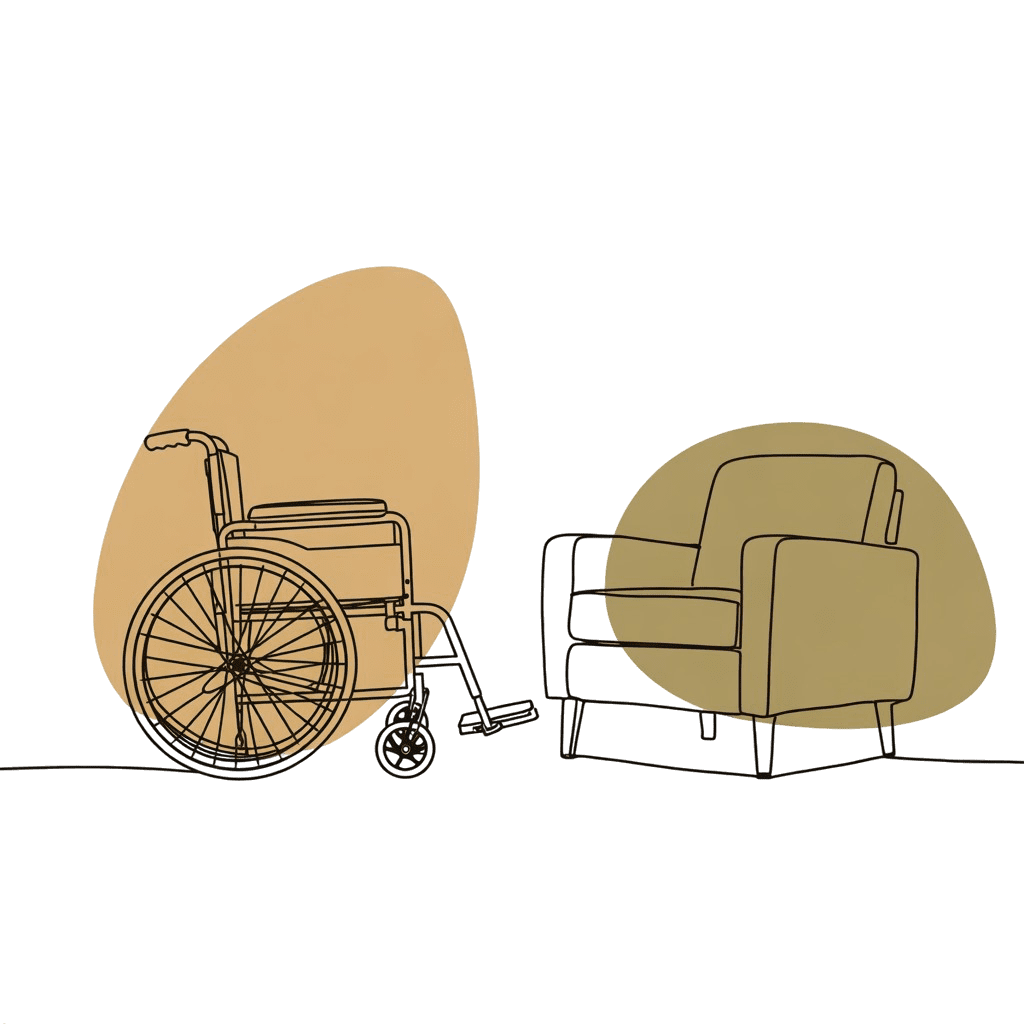Introduction:
In today’s fast-paced world, it’s a challenge to strike a balance between maintaining our mental health and maximizing time to achieve your goals. We often find ourselves faced with the decision to either take a break as an act of self-care or push forward with the fear of missing out. It can be difficult to determine whether choosing not to go out or do something is an essential act of self-care or a symptom of a problematic pattern that’s holding us back. This post will help you identify signs that point towards either self-care or detrimental behavior.
1. Evaluating your motive:
Understanding your reasons for not participating in an activity or social event is essential in identifying whether it’s self-care or avoidance. Are you saying no because you’re genuinely exhausted and need time for relaxation, or is it because you’re afraid of facing potential discomfort? If your motivation is to protect yourself from burnout, it’s self-care. However, if it’s rooted in fear or anxiety about the situation, you may be holding yourself back. Things are often somewhere in between, a stressful situations can also cause burnout, which might make it hard to tell the difference.
2. Identifying patterns:
Take note of your habits when it comes to avoiding activities. Do you typically isolate yourself when feeling overwhelmed or sad? Or do you selectively choose which activities to skip based on your energy and emotional state? Consistently isolating yourself from social events might be indicative of a problematic pattern.
3. Actions post-decision:l
Ask yourself what you will be doing if you don’t participate in an activity. Will you actively engage in things that make you feel good like meditating, walking outside, reading, or spending quality time with people you love l? Or will you spend the time ruminating over the decision not to attend the event? If your actions after deciding to stay in promote your wellbeing, it’s likely a form of self-care.
4. Assessing your goals:
Consider whether skipping an event aligns with your long-term goals and values. Does staying home help preserve your energy for things that help you grow? Or does it hinder you from achieving important objectives? If your decision directly supports your goals, it might be a form of self-care.
5. Seeking advice from trusted sources:
Sometimes, friends and family can offer valuable insight regarding your behavioral patterns. Reach out to those close to you and ask for their honest opinions on whether your decision to skip events is an act of self-care or a setback. Remember, external perspectives can provide invaluable insight.
Conclusion:
Like everything else in life, situations often fall somewhere in between; stress can lead to burnout, making it difficult to distinguish between self-care and fear-driven avoidance. However, if avoiding an activity only makes it harder to participate next time instead of refreshing your mindset for a better day, this could be a warning sign.
Evaluating your motivations, recognizing patterns, considering the actions post-decision, assessing your goals and values, and consulting trusted individuals will significantly help you differentiate between essential self-care and a problematic pattern that’s holding you back. Ultimately, understanding the line between the two will empower you to make better decisions for your overall wellbeing and personal development.
Home » Articles » Mental health » Anxiety » Navigating the Fine Line Between Self-Care and Holding Yourself Back
Navigating the Fine Line Between Self-Care and Holding Yourself Back

Date
Navigating the Fine Line Between Self-Care and Holding Yourself Back


```html
OK2Feel is a place that gives feelings room to exist.
If you liked this post, you might find my therapy card decks helpful as well.
You can explore them in the shop →
```
More
articles
October 27, 2025



One Response